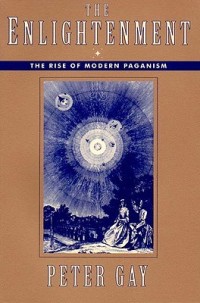
For more than a month now, I’ve been steeped in Peter Gay’s sane and sage history of the sanest and sagest intellects from Roman antiquity to the 18th-century. Gay’s command of his subject is broad and deep. He owns a subtle, temperate, and vivacious mind. This book is a treasure chest of historical data, … Read More

It’s almost shocking how modern and relevant Horace’s social commentary reads today. Every character type he attacks I recognize from my own experience. Every flaw he describes in himself I recognize in myself. He’s caustic, crude, witty, self-deprecating, down-to-earth, and wise in his guidance on how to live and how to write. His voice is … Read More
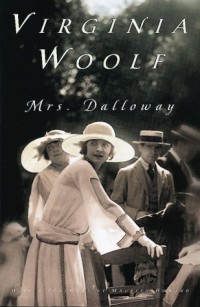
Mrs. Dalloway may take a back seat to To the Lighthouse (to which I’m partial, for one), but it probably doesn’t take a back seat to anything else in English prose fiction. Like Ulysses, it takes place on a single day in June and it enters the thoughts of various Londoners (as opposed to Dubliners) … Read More
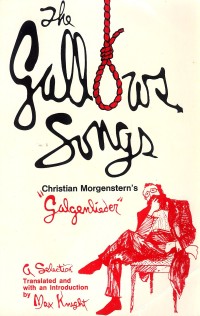
I discovered Christian Morgenstern and his collection of poems called Gallows Songs (or Galgenlieder in the original German) while researching my novel The Jump Artist; Morgenstern was one of the many writers Philippe Halsman read while in Innsbruck Prison in 1928 and 1929.
The University of Michigan Press jacket copy says that this mysterious poet died … Read More
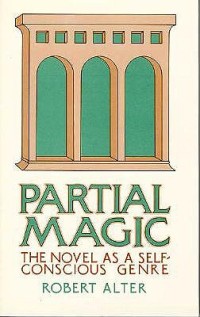
“Ever since Gutenberg,” Robert Alter writes, “the conditions of mechanical reproduction made it necessary for the individual artist to swim against a vast floodtide of trash out of all proportion to anything that had existed before in cultural history….” And when the furnace of time has digested the trash-heap of twentieth-century literary criticism, one hopes … Read More
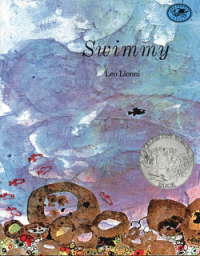
The good news is: great illustrations, some memorably poetic lines, nice short text. A lobster is a “water-moving machine,” an eel is so long that its tail is hard to remember, other strange fish move as if pulled along on a thread. Those ideas are beautiful and, combined with the painted tableaux, suggest the silent … Read More
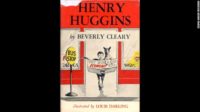
“Henry Huggins” is a name irreversibly associated with my own childhood, like that of an old elementary school friend (or enemy) one thinks about now and then. I read all Beverly Cleary’s books and received about 30 years ago a signed copy of Henry Huggins at the Ohio Young Authors’ Conference. I held on to … Read More
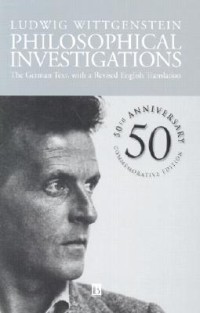
The cessation of hostilities in World War I seems to have had a salutary effect on the philosophy of Ludwig Wittgenstein, who began his philosophy career literally under fire as a soldier in the Great War. And that goes to show that in addition to blowing people’s limbs off, artillery fire also interferes with their … Read More
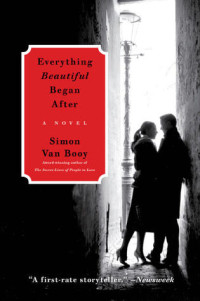
His debut novel, which came out today, is wonderful. I don’t even hold it against him that he’s younger than me. I reviewed it for The East Hampton Star.
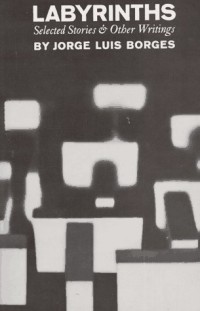
Borges is the most elegant, clever, and original of truly nihilist writers. He is so ambitious and yet so constipated with anxiety about writing in the wake of Kafka and Joyce, to say nothing of Cervantes and Shakespeare, that he can hardly bring himself to say a single intelligible word. While he partakes of the … Read More
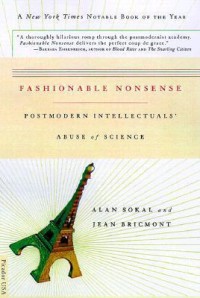
In 1996 NYU physicist Alan Sokal submitted a fake essay to a postmodern literary journal. The essay (which was published) was a Trojan Horse that badly embarrassed the journal’s editors. It purported to argue, in an intentionally incoherent way, that science has suffered “paradigm shifts” (in Thomas Kuhn’s term) that throw doubt on the entire … Read More
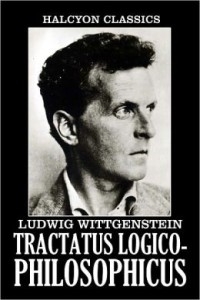
1. The world is all that is the case.
1.1 All that is the case is slightly better with coffee.
1.2 All that is the case is slightly less so with beer.
2. What we cannot speak of without the aid of coffee or beer, we must pass over in silence.
Wittgenstein composed … Read More
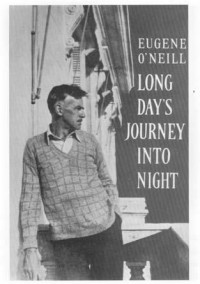
Eugene O’Neill is my favorite American playwright. He is the master portraitist of denial and its correspondence with the indelible pain of past experience. Occasionally he lapses into didacticism in plays that are otherwise beautiful, poetic specimens of naturalism, but even these lapses have an affectingly brutal honesty and directness about them. They feel inevitable, … Read More
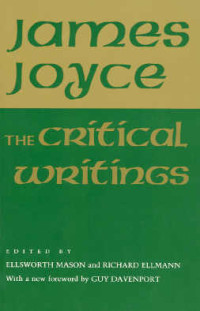
Joyce begins his essay “The Day of the Rabblement,” written when he was 19: “No man, said the Nolan [Giordano Bruno of Nola], can be a lover of the true or the good unless he abhors the multitude…. [I]t is strange to see the artist making terms with the rabblement.”
Bruno was burned at the stake … Read More
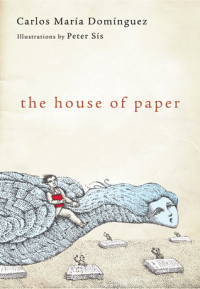
This elegant little novella devotes itself obsessively to one topic: the sensuous pleasures of reading. For a good book is a world of sensation, and furthermore the record of life within a book–for Domínguez’s characters, at least–invests the corporeal being of that book, the cover, the pages, the typeface, with sensuous life. The physical experience … Read More